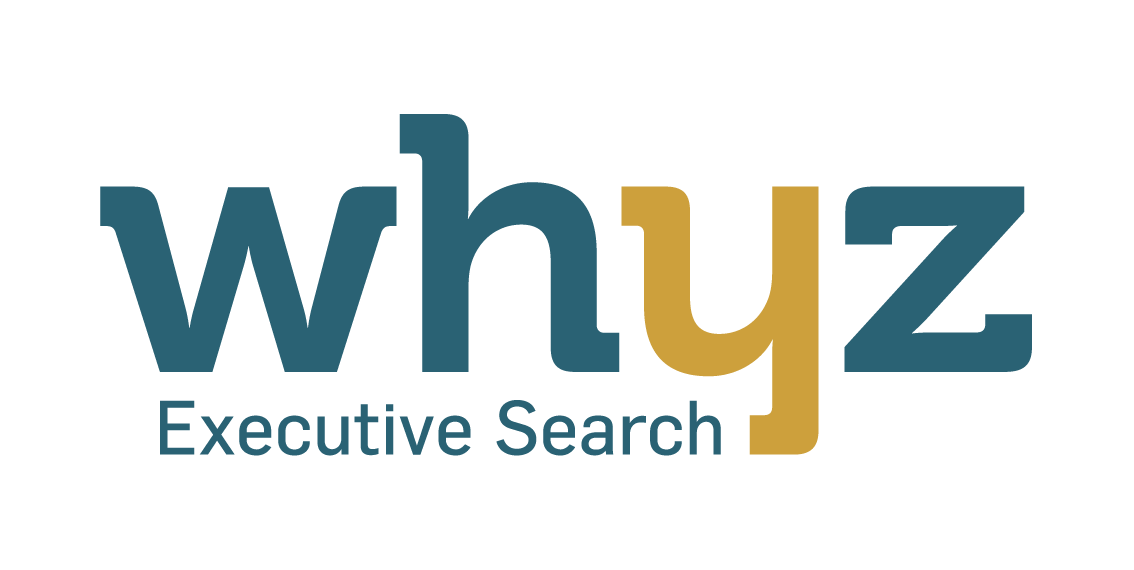

whyz executive search

South Holland, Netherlands The
November 2022
Employment placement & HR
Service with Minor Environmental Footprint
Netherlands The
As Charles Darwin (1809 - 1882) said: it's not the strongest species that survives, nor the most intelligent, but the one that's most responsive to change! Vision and moral compass A statement that is more relevant than ever. The rapidly evolving world requires decisive leaders with a long-term vision and sharply attuned moral compass. Leaders who look beyond quarterly reports and treat teams like ‘eco systems’. The global issues of today and tomorrow – from sustainability and ethics to technology and geopolitics – require agile organisations, and future-proof leadership and management. Redesigning leadership At Whyz, there is nothing we enjoy more than assisting our clients with these transformations. It is our mission to redesign leadership for the 21st century. We have the insights, the experience and the network to accelerate this transition to future-proof leadership. We do this by giving clients access to leaders who question the status quo and drive system change. Leaders who create the world of tomorrow by bridging the gap between vision and operations. Enriching organisations and teams Our binding and personal approach makes Whyz the premier purveyor of future-proof leaders and complementary teams. We know and place (un)usual suspects that enrich organisations and teams
Overall B Impact Score
Governance 17.6
Governance evaluates a company's overall mission, engagement around its social/environmental impact, ethics, and transparency. This section also evaluates the ability of a company to protect their mission and formally consider stakeholders in decision making through their corporate structure (e.g. benefit corporation) or corporate governing documents.
What is this? A company with an Impact Business Model is intentionally designed to create a specific positive outcome for one of its stakeholders - such as workers, community, environment, or customers.
Workers 32.2
Workers evaluates a company’s contributions to its employees’ financial security, health & safety, wellness, career development, and engagement & satisfaction. In addition, this section recognizes business models designed to benefit workers, such as companies that are at least 40% owned by non-executive employees and those that have workforce development programs to support individuals with barriers to employment.
Community 19.3
Community evaluates a company’s engagement with and impact on the communities in which it operates, hires from, and sources from. Topics include diversity, equity & inclusion, economic impact, civic engagement, charitable giving, and supply chain management. In addition, this section recognizes business models that are designed to address specific community-oriented problems, such as poverty alleviation through fair trade sourcing or distribution via microenterprises, producer cooperative models, locally focused economic development, and formal charitable giving commitments.
Environment 8.3
Environment evaluates a company’s overall environmental management practices as well as its impact on the air, climate, water, land, and biodiversity. This includes the direct impact of a company’s operations and, when applicable its supply chain and distribution channels. This section also recognizes companies with environmentally innovative production processes and those that sell products or services that have a positive environmental impact. Some examples might include products and services that create renewable energy, reduce consumption or waste, conserve land or wildlife, provide less toxic alternatives to the market, or educate people about environmental problems.
Customers 4.7
Customers evaluates a company’s stewardship of its customers through the quality of its products and services, ethical marketing, data privacy and security, and feedback channels. In addition, this section recognizes products or services that are designed to address a particular social problem for or through its customers, such as health or educational products, arts & media products, serving underserved customers/clients, and services that improve the social impact of other businesses or organizations.